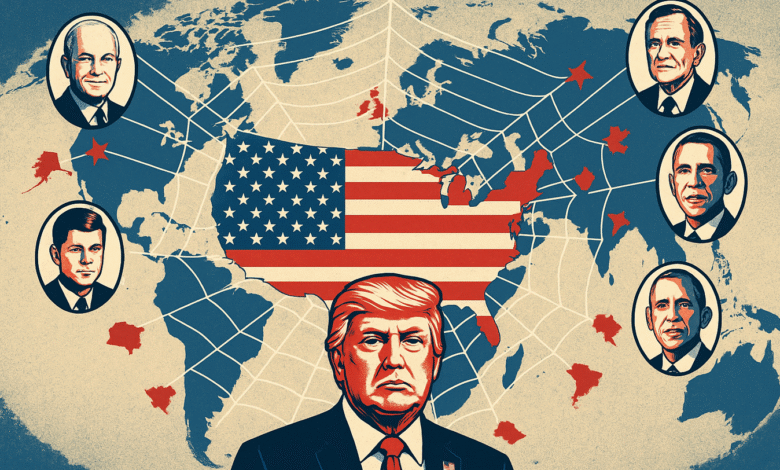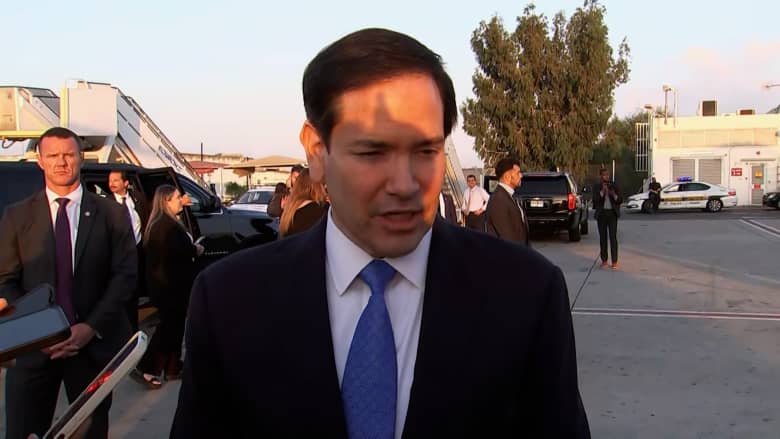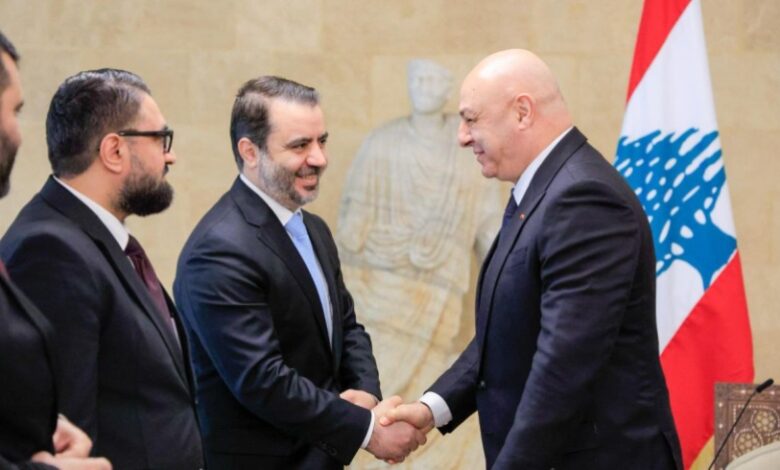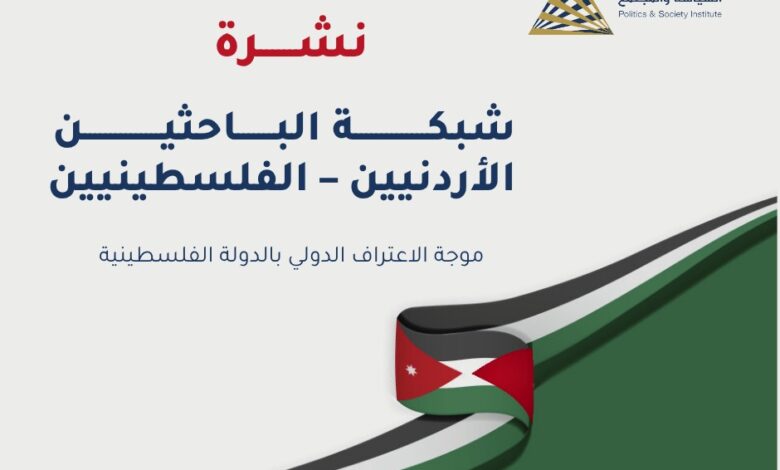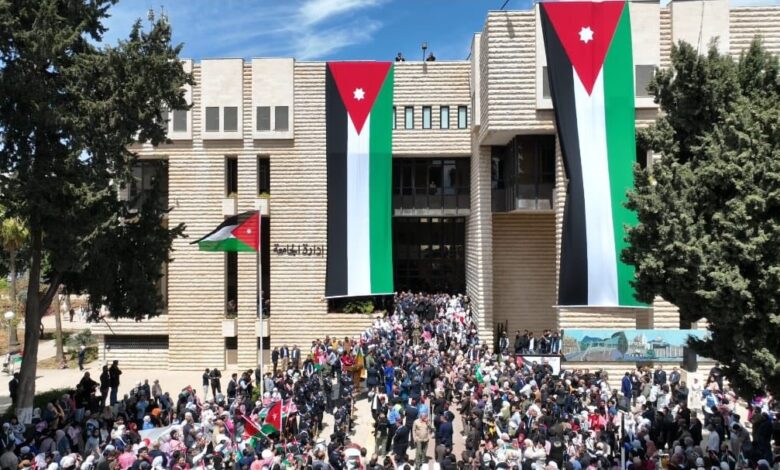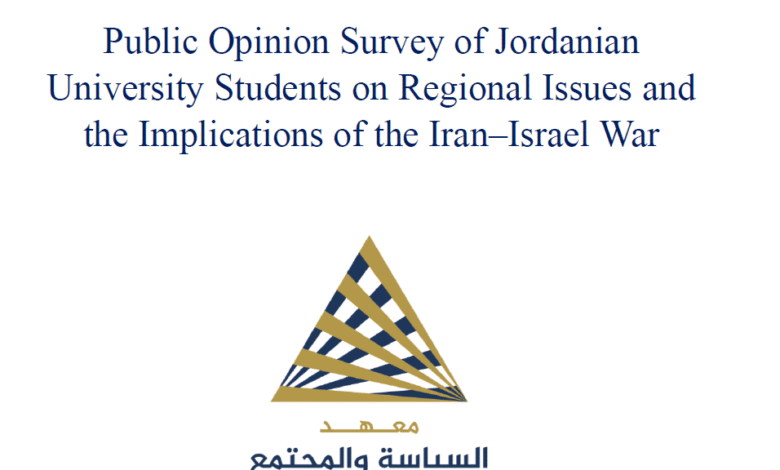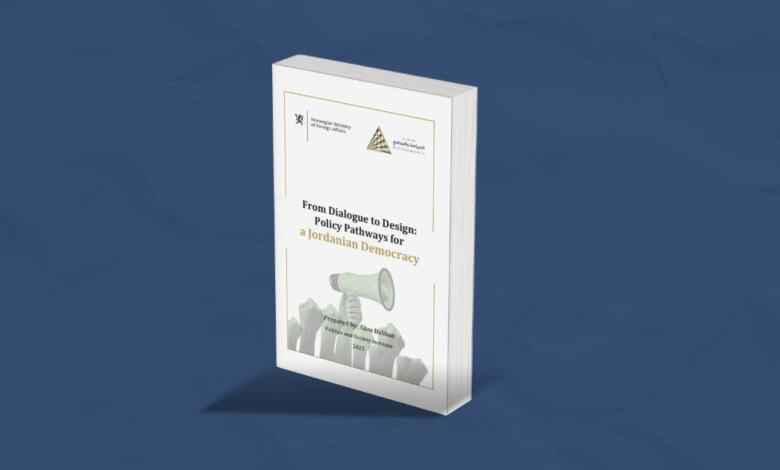The United States is no longer an alliance-based state foreign policy, but one that operates by virtue of a network of transient instruments employed in a bid to achieve its objectives, and jettisoned once obsolete. Washington, as expressed in the political and media discourse from certain corners, does not see its allies as “allies,” but as “means” to construct its…
Read More »Publications
The visit of Syrian President Ahmad al-Sharaa to Moscow and his meeting with his Russian counterpart Vladimir Putin on October 15, 2025, generated widespread discussion and debate about its underlying motives and political implications. The timing was particularly significant, coming at a critical geopolitical juncture for both Syria and the wider region. The visit coincided with an accelerating Arab and…
Read More »On 18 October 2025, the U.S. Department of State issued a warning statement [1] affirming that it had received “documented reports” indicating Hamas’s intention to carry out an “imminent attack” against Palestinian civilians inside the Gaza Strip, characterizing this as a “direct and grave” violation of the ceasefire that entered into force on 10 October. The statement noted that the…
Read More »The visit of Syrian Foreign Minister Asaad al-Shibani to Beirut in October 2025 marked a pivotal political moment in the trajectory of relations between the two countries. It was not a conventional diplomatic visit; rather, it represented the first practical test of the evolving relationship between the “new Syria” and Lebanon after two decades of transformation and discontinuity. The visit…
Read More »The Policy and Society Institute has launched the pilot issue of the Jordanian–Palestinian Researchers Network Newsletter, dedicated to examining the recent wave of international recognition of the State of Palestine and analyzing its political implications—both for the Palestinian cause and for the broader regional landscape—amid the transformations unfolding since October 7, 2023. Through this publication, the Network aims to offer…
Read More »Student activism among Jordanian universities represents an important field for understanding social and cultural change among youth. It is a measure of students’ concern for, and response to, intellectual, cultural, national, and pan-Arab issues. Their concern has traditionally been shaped by official and institutional limits—either in the form of student unions, clubs, politically-oriented blocs, registered groups, or activities tolerated by…
Read More »The Policy and Society Institute conducted an unprecedented field survey that revealed striking perceptions among Jordanian university students regarding the accelerating geopolitical transformations in the Middle East following the recent war between Iran and Israel. The study included 896 students from eight public and private universities and aimed to measure the level of political awareness and national and regional orientations…
Read More »To download the book directly From Dialogue to Design Policy Pathways for a Jordanian Democracyتنزيل
Read More »The term “Post-Islamism” is used to describe an intellectual and political phase that emerged after the rise and decline of the classical Islamist wave that dominated much of the Muslim world since the 1970s, particularly those associated with movements of political Islam such as the Muslim Brotherhood or the Islamic Revolution in Iran. This phase represents a qualitative shift in…
Read More »Recently, significant shifts occurred in international positions on the Palestinian question. Influential states such as the United Kingdom, Canada, Australia, and Portugal recognized the State of Palestine in a political move that exerted additional pressure on Israel. On September 22, 2025, six new countries (France, Andorra, Belgium, Luxembourg, Malta, and Monaco)1 joined in recognizing Palestine. This brought the total number…
Read More »

